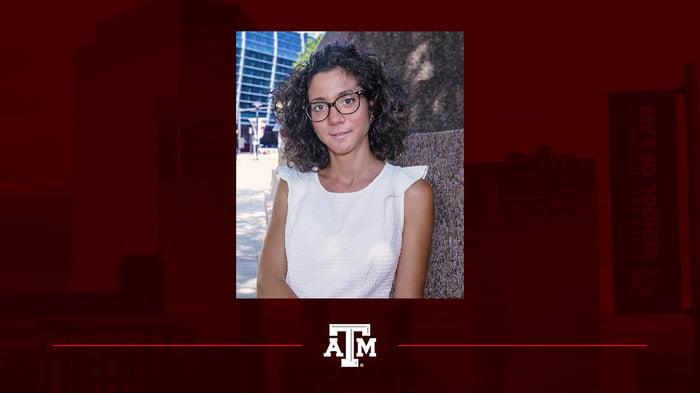Professor Vanessa Casado Pérez presented at the 2023 Institutions & Effective Climate Action Conference in December. The 2023 conference, which was co-sponsored by the Texas A&M Environment, Energy, and Natural Resources Systems Law Program and Queen’s University Faculty of Law, featured scholars exploring the dynamics of institutions shaping climate action and policy.
Climate change and policy implementation remain among the world’s most critical issues. The conference sought to see how law and legal institutions could better leverage resources to drive effective climate strategy. Presenters discussed topics on emissions trading, climate equity, infrastructure, and adaptation.
Professor Casado Pérez, whose research is in property and water law, spoke on a panel titled Transforming Energy Infrastructure. She spoke about how public and private institutions can improve the country’s responses to climate change adaptation and mitigation.
The conference included representatives from institutions from across North America and Europe.
- Canada - McGill University, Queen’s University, University of Ottawa, University of Toronto, University of Western Ontario, and York University.
- United States - Emory University, Florida State University, New York University, Southern Methodist University, Texas A&M University, University of Arizona, University of Chicago, and University of Illinois.
- Europe - Wageningen University
Professor Casado Pérez's presentation is available on the presentation page.
